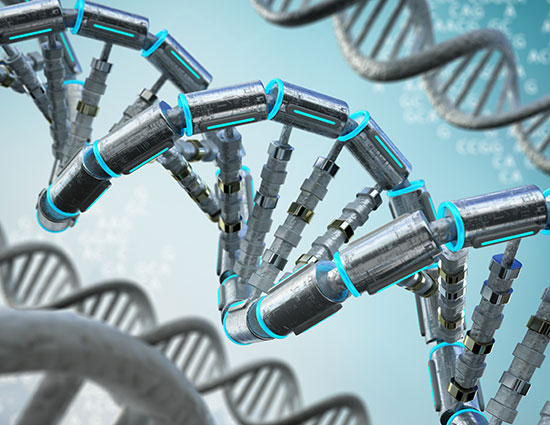The ambition to reduce or eliminate single-use plastics from the world’s supply chains is of course as laudable as it is essential. Shocking images of our polluted oceans have awoken a fire in consumers, many of whom display a strong resistance to single-use materials. I’m proud to be part of a team of colleagues dedicated to doing something about it – by creating a guide that is helping innovators switch to alternatives.
The tool in question is a selection database of post-recycled plastic, bioderived and biodegradable materials. Our intention was to mobilise our understanding of technology to help organisations address their net zero aspirations. And you know what? It works.
We have already collaborated with a major FMCG company – and found that our database and capabilities allowed for fast screening and assessment of suitable materials, with fluidics capabilities informing design changes required to incorporate increased renewable content. This helped our client to create a development roadmap for meeting their 2025 target of 100% renewable content.
Innovating for the triple bottom line
The sustainability cause
Across the world, brands are jostling to distance themselves from the throwaway image of plastics. But as materials experts know, seeking viable options is easier said than done – and I believe engineers and designers need all the help they can get. That’s just one of the reasons I was pleased to be part of the initiative to help speed the replacement of legacy materials. We can all be advocates for the sustainability cause, but it’s an added buzz to do be able to do something practical about it as part of your day job.
Let me explain the background. The noble determination to switch out plastics is a tough challenge that involves complex trade-offs between how sustainable the material is, how well it performs and how economically viable it is. While marketing a green product may bring commercial benefits, evaluating the improvement in environmental impact when switching from a petrochemically based, non-biodegradable plastic to a bioderived, industrially compostable one may be tricky.
Everyday plastic materials such as ABS, PET and polyolefins are extremely well understood from an engineering perspective. The same cannot be said for the next generation of more sustainable alternatives derived from post-consumer waste or bioderived sources.
The net zero challenge
We established that one of the challenges facing engineers and designers seeking to specify more sustainable materials was a lack of clear, unbiased, accurate and coherent information, especially when compared to standard, well-defined materials. Projects using materials marketed as ‘green’ can quickly get bogged down by some challenging questions.
What do industry standards mean in practice? If my product cannot be reused, what is the ‘greenest’ end of life scenario possible? What effect will a recycled polymer have on the properties of my product? What proportion of a so-called ‘bioderived’ or ‘biobased’ material is actually petrochemically derived? Does biobased equate to a low carbon footprint, embodied energy or water usage over its life cycle? You get the gist – but there are plenty more trust me.
Product design sustainability
Answering these questions requires bringing together experts across a range of disciplines, including design for excellence, chemistry, biotech, product design and engineering and sustainability. It’s with the challenges outlined above that Cambridge Consultants can leverage its 900-plus multidisciplinary team to analyse, design and launch products with measurable improvement in environmental impact, while maintaining or improving consumer benefits.
The project was comprehensive in scope. As well as scanning through hundreds of datasheets and whitepapers, we also consulted our in-house materials experts, sustainable material suppliers and external key opinion leaders.
We built the resulting database to streamline the introduction of novel, more-sustainable materials into product design and development. It brings together – crucially in comparable formats – data on materials engineering, environmental and commercial attributes. Combining this deep materials knowledge with our core capabilities in product design enables rapid ideation, prototyping and design of products which meet consumer needs, while delivering genuinely improved environmental performance.
Needless to say, we’d love to discuss further opportunities to unleash our creative product design capabilities and experience in working with novel, more sustainable materials. Maybe your business is looking to refresh its image and genuinely improve environmental performance. If so, please feel free to reach out and drop me a line. It would great to continue the conversation.





